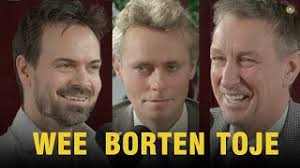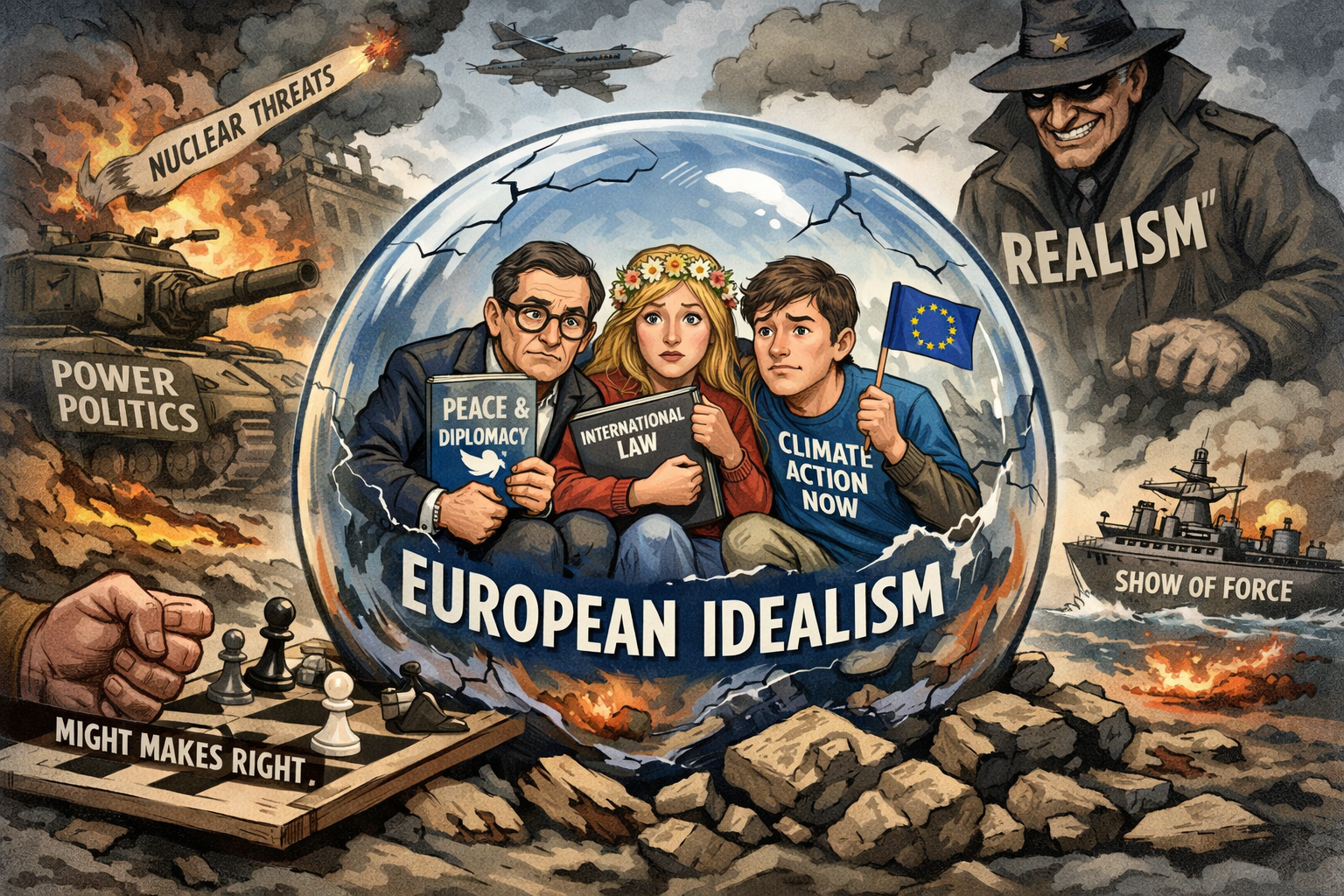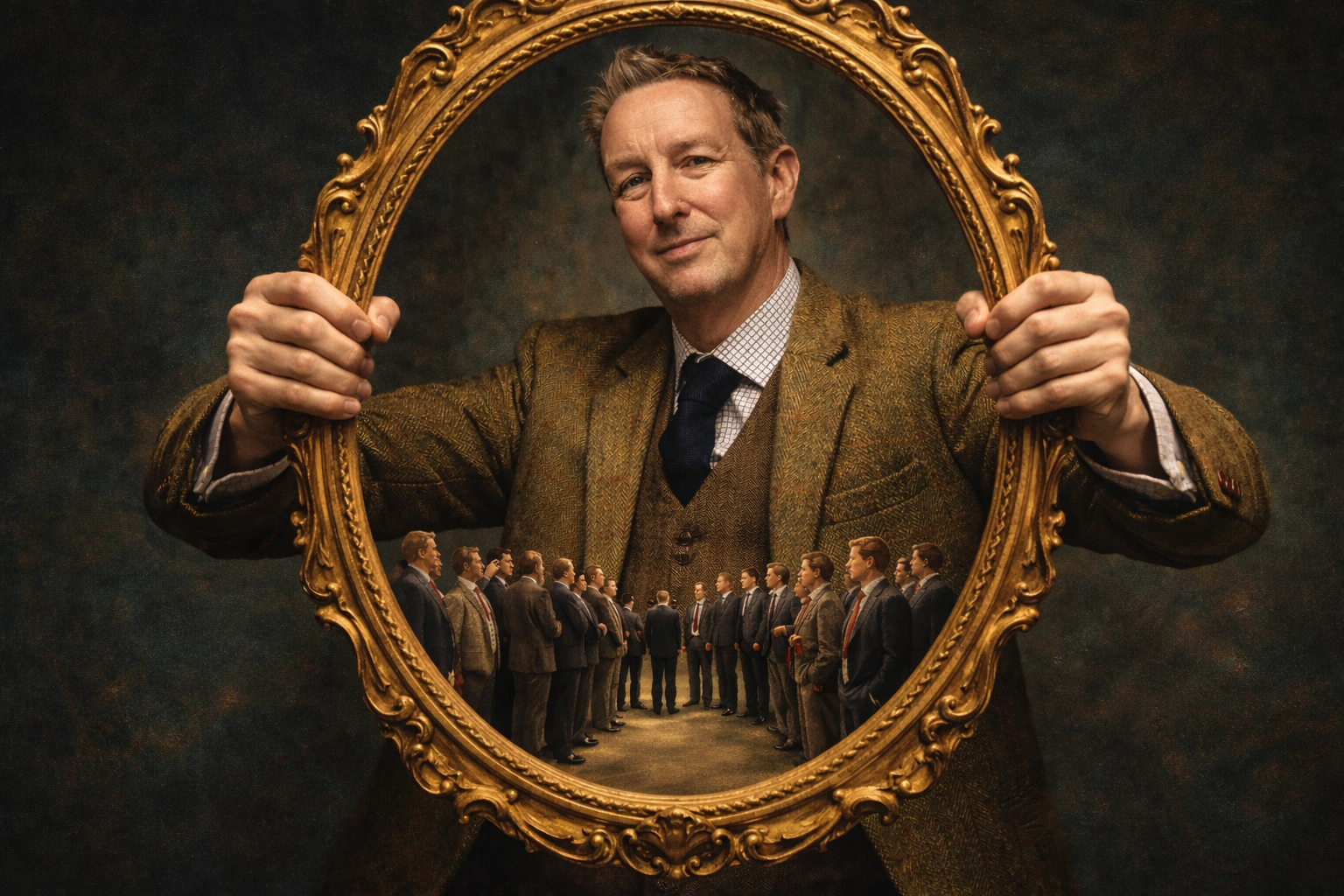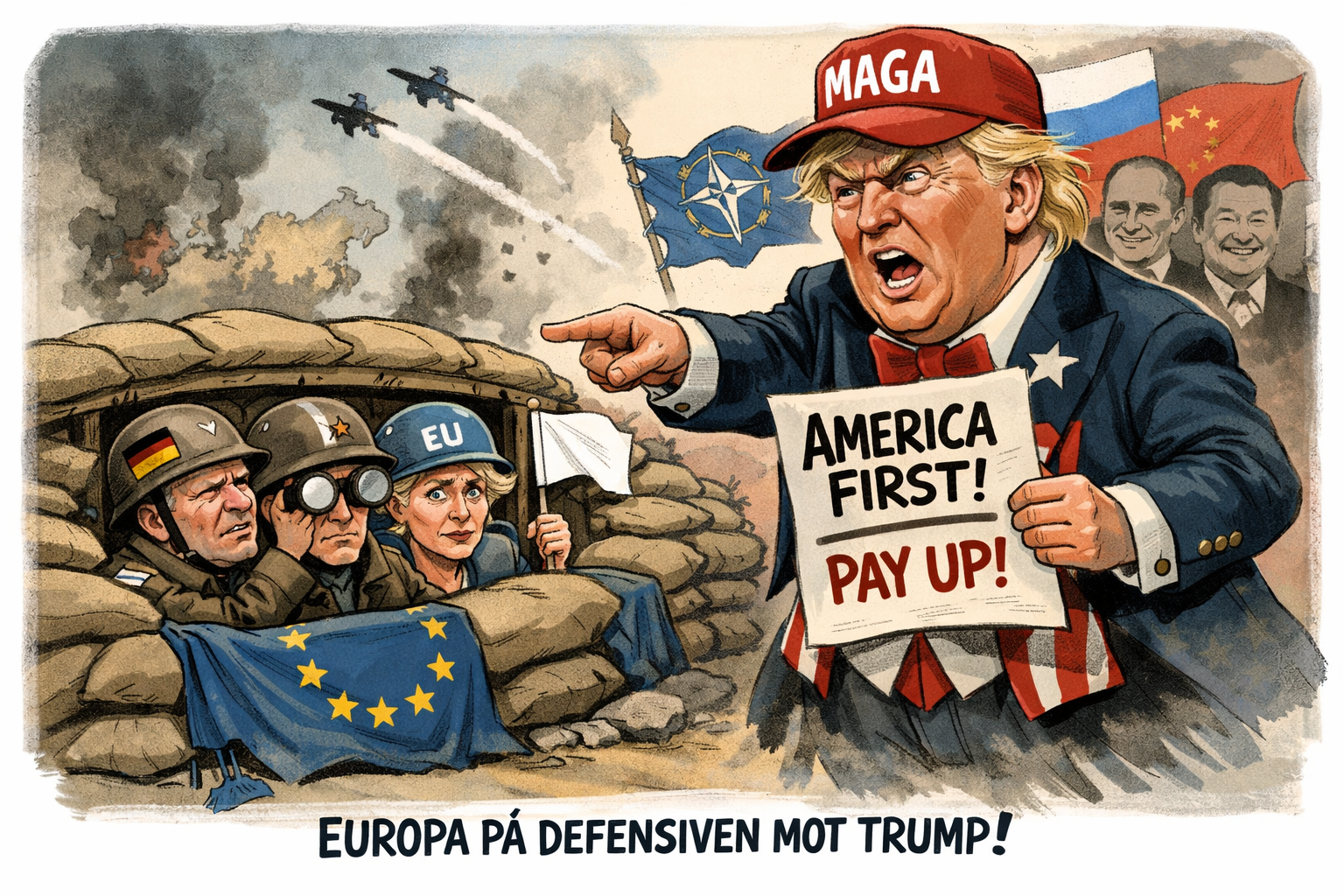THE problem with the EU Common Security and Defence Policy is that it isn’t common, it is not about defence and that it’s short on actual policy. A critical commentator would compare the power and reach of the Union to that of the Vatican or the UN rather than great powers such as China and the US.
But most commentators are not critical. The pretence that the EU is some sort of a Super Power is maintained by cadres of academics enthusiastically over-stating the progress made. In all the excitement it is easy to forget that Europe remains a security consumer and that the EU has yet to make its mark on world politics in a way that we might expect from an actor of its size.
JUST to clarify one thing, I am not among those who believe that to develop a pan-European security policy is necessarily a bad idea, or that the EU should scale back its ambition to a focus exclusively on economic integration.
Quite the contrary. I cannot think of a single serious issue – from preventing spread of weapons of mass destruction to countering international terrorism or standing up for human rights – where the nation states would do a better job alone.
I am, however opposed to self deception. It is simply irresponsible to pretend national resources – diplomatic, military and economic – to be EU resources when they are not under EU control. The EU is not the world’s biggest aid donor, it does not control a formidable foreign service – and it certainly does not have an army.
The Commission, the stewards of integration, have so far been given very little hand in the making of EU foreign and security policy. Under the government representatives in the EU Council the CSDP has become over burdened and under driven.
They have proclaimed a common foreign and security policy without practicing it, promised common defence without committing the means.
The original idea was that the EU would act «one for all, all for one» as in Operation Althea in Bosnia-Herzegovina. This approach increasingly seems to have been overtaken by a state-centric concept as seen in Operation Artemis in Congo where major powers lead coalitions of the willing and Brussels contribute with little more than its blessings.
THIS trend is worrying since it hands the major powers a disproportionate influence on common policies. One example is how EU-25 have been sidelined by EU-3, France, Germany and Great Britain over the non-proliferation efforts directed at Iran.
We are in danger of ending up with a CSDP resembling a re-run of the pre-world war Viennese Concert. Peace and stability built on the sandy ground of great power politics.
With integration on the defensive the alternative to great power dominance would seem to be inertia. There are, however, two potential champions that could offer a way out – one likely and one unlikely: The EU Commission and the United States.
THE US could seem an unlikely champion for integration. But America is the only actor powerful enough to call in favours, knock heads together, make the Europeans arrive at common positions. The US has 50 years of practice at this in Nato. Therefore the obvious question should be to find ways to persuade the US to apply pressure.
A stronger Europe is in US interest. The US is over-stretched and need allies to shoulder part of the security burden of the West. The notion that the EU would somehow rival the US is self-delusion. At the end of the day the policy distance is shorter from London to Washington – than to Paris. End of story.
The failed attempts at reinventing Nato has if anything illustrated that the EU is the now only plausible vehicle for a European force. Enlisting US support would be the easiest, most cost effective way to make the CSDP happen.
Unfortunately the current transatlantic climate makes such initiatives unlikely.
A SECOND prospect is for the Commission to seize the initiative. Improbable as it may seem with the integration project reeling from a lack of public endorsement. This is exactly the time to deliver something the average European understands, time for a bold move.
One way to do this would be to assemble a small, directly recruited military outfit, EU Special Forces. Today the EU forces are the same national soldiers that – depending on circumstances – also serve Nato, the OSCE and the UN.
Much as “multi-hatting” is a clever political compromise it fails to deliver the sort of imagery that captures the imagination of the ordinary citizen. Possessing its own force, even just a battalion, would set the EU apart from these institutions. It would help make the EU an actor in its own right, not just an arena for great power politics.
Obvious tasks for the EU Special Forces would range from protecting EU institutions and dignitaries en route to rescuing hostages and evacuating EU nationals from trouble spots.
IN DOING so the EU would deliver easily comprehended “added value.” since most of the EU states are unable to effectively protect or rescue their citizens beyond their own borders. The force would provide a corps to “carry the flag” that will not disappear at the drop of a hat.
A battalion of Europe’s finest would further embody a feeling of community. It would give the EU a face that is not that of a Eurocrat. Actually possessing force would also help forming an institution based EU strategic culture.
With Nato sliding into irrelevance and the US pulling its forces out of Europe we must remain watchful that we do not relapse into the national interest driven foreign policy that has undone Europe so many times in the past.
UNLESS the EU is ready to match its capabilities to its ambitions in a wholly realistic way it will again find itself piously wringing its hands the next time a crisis occurs.
THE question of EU Special Forces would involve the Commission challenging the Council in an unprecedented fashion. When considering this option Commission President Barroso should remember a maxim often attributed to Henry Kissinger: Courage and success do not stand in causal relation –they are identical.
Published in YES – Young Europeans for Security 09.06-2005




